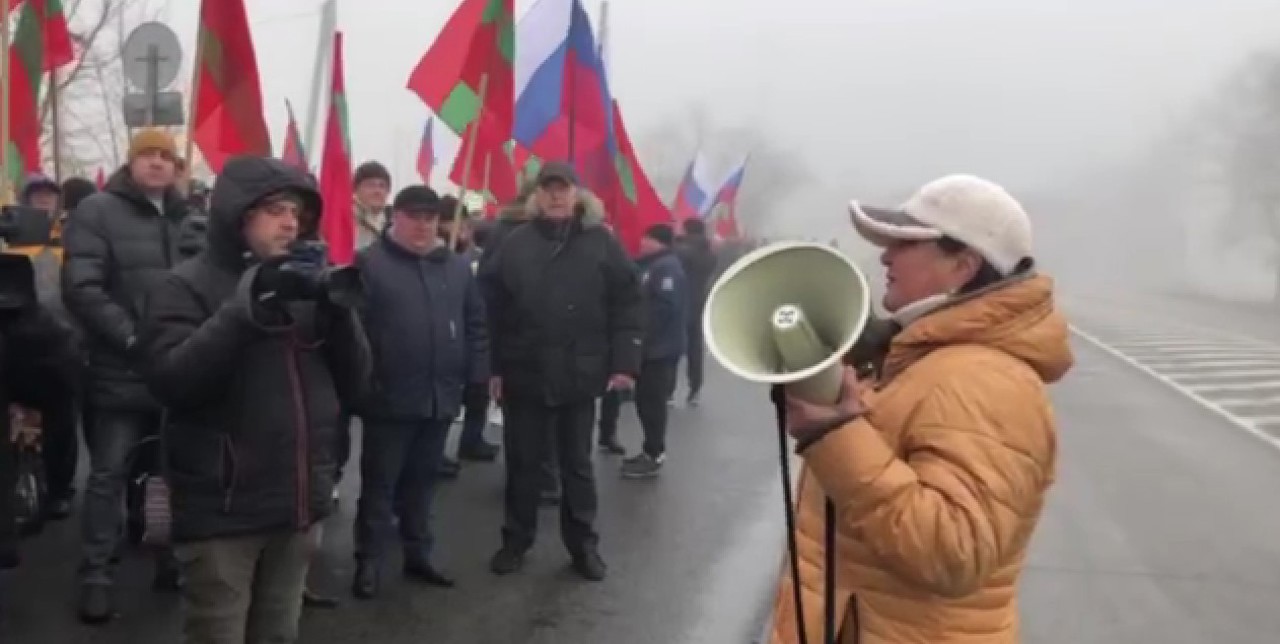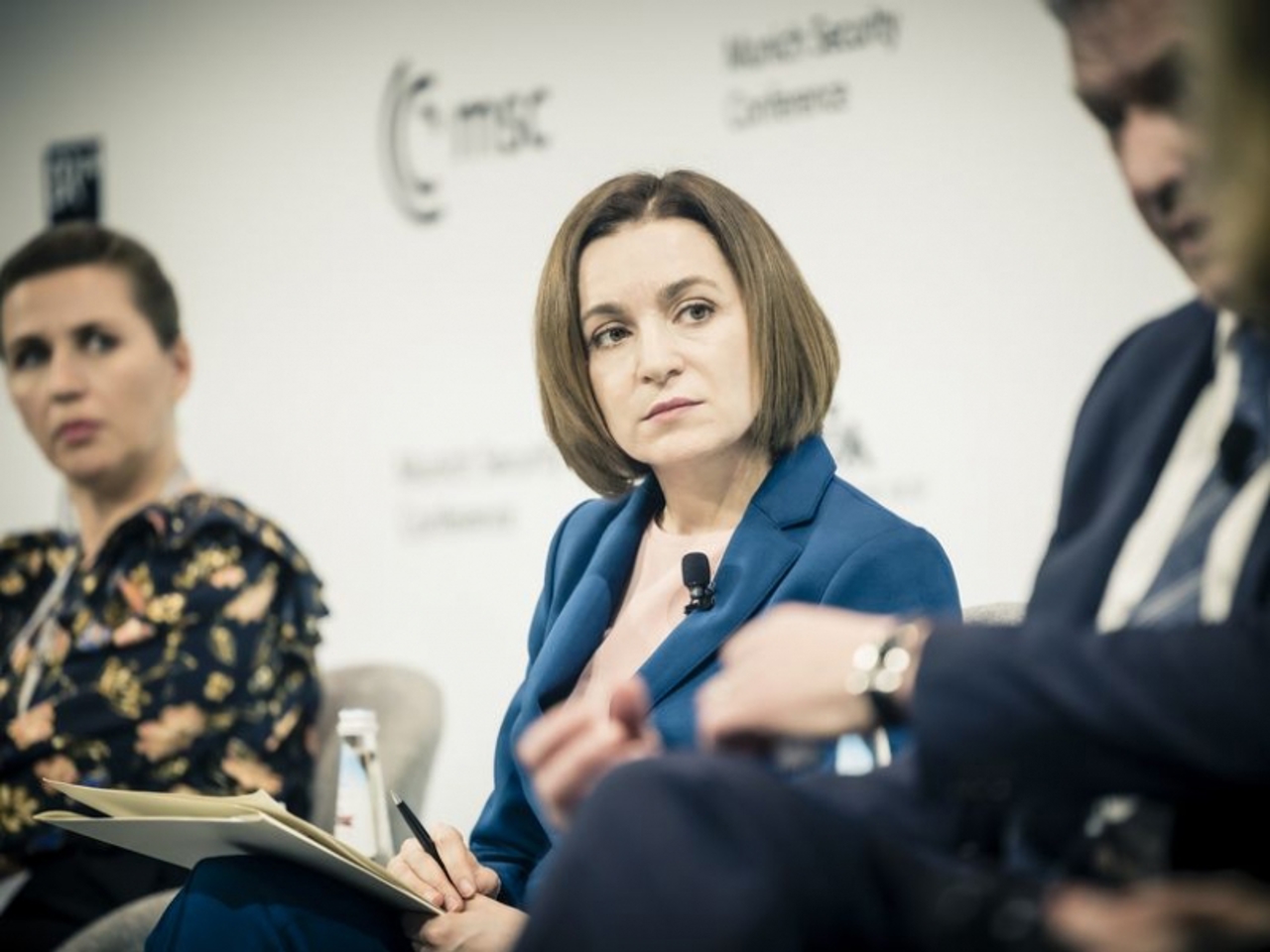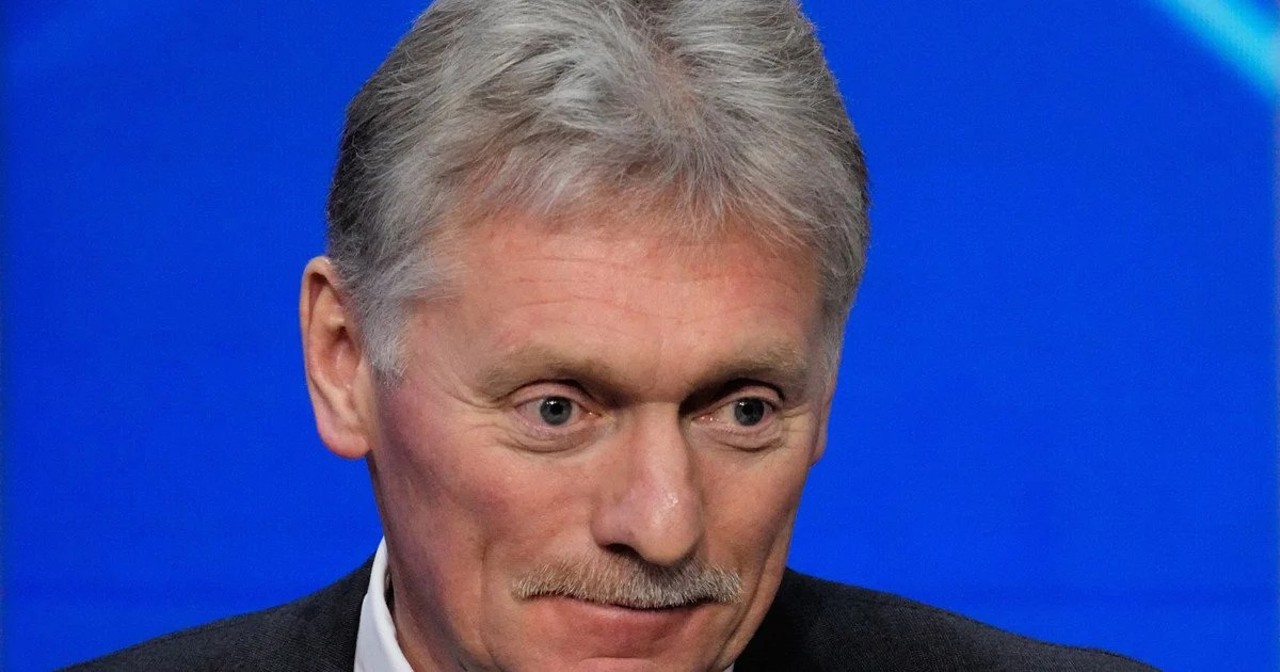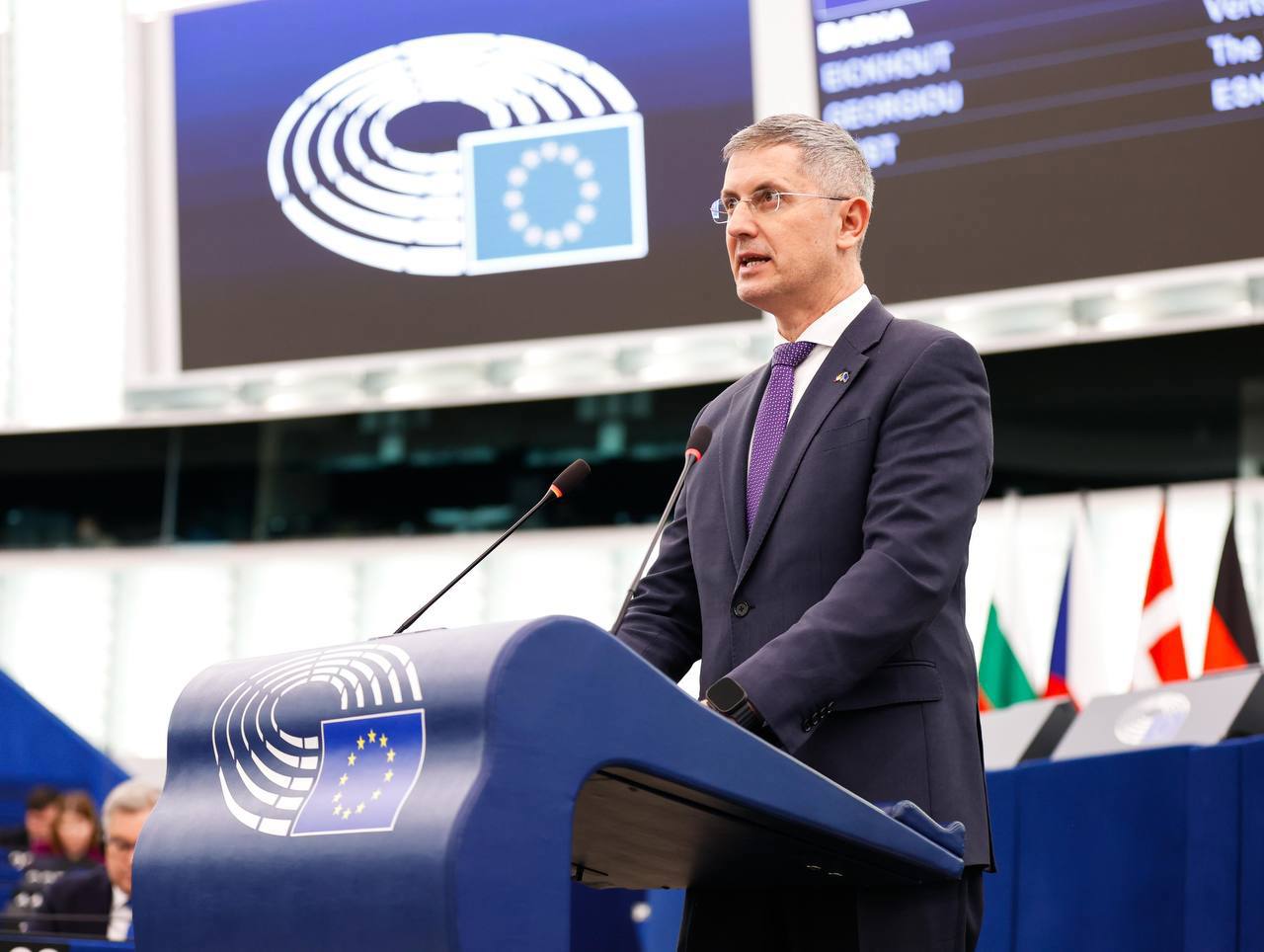Energy crisis fuels protests in Transnistria's Security Zone
The protests held this morning at the administrative border with the Transnistrian region were most likely organized by the regime in Tiraspol, said journalist and co-founder of the platform zonadesecuritate.md, Irina Tabaranu, in an interview with Teleradio-Moldova.

The goal of these protests is believed to be the destabilization of the situation in the Security Zone and the worsening of relations between the two banks of the Dniester.
According to Irina Tabaranu, the Rîbnița protest was largely attended by employees of the Metallurgical Plant, which shut down shortly after Gazprom stopped supplying natural gas to the region. Their participation suggests that the protests were not spontaneous but orchestrated by the local administration, according to the journalist.
“We’ve encountered similar events in the past where we discovered that the so-called non-governmental organizations were in fact organizations linked to the so-called president, Vadim Krasnoselski.”
In Dubăsari, the organization of the protests is believed to have begun the previous night, with participants mobilized from among employees of state-owned enterprises who were sent on forced leave. Tabaranu states that the placards used in today’s protests are identical to those used in January-February of the previous year, during protests against the customs duties imposed by Chișinău on businesses in the Transnistrian region.
The journalist believes the primary goal of these actions is to destabilize the situation in the Security Zone, amid a prolonged energy crisis on the left bank of the Dniester. “If these protests were genuine, people would have gathered to protest against the separatist administration, which has brought the situation to the point where there has been no gas or heating on the left bank of the Dniester for three weeks.”
The government spokesperson, Daniel Vodă, rejected the accusations: “From the experience of other protests in the region, we know that they are coordinated by the so-called authorities supported by Moscow.”
It is important to note that Gazprom halted natural gas deliveries to Moldova at the start of this year. Despite Chișinău’s repeated offers of humanitarian aid, including for hospitals and schools, Tiraspol has continually rejected it.
Translation by Iurie Tataru





